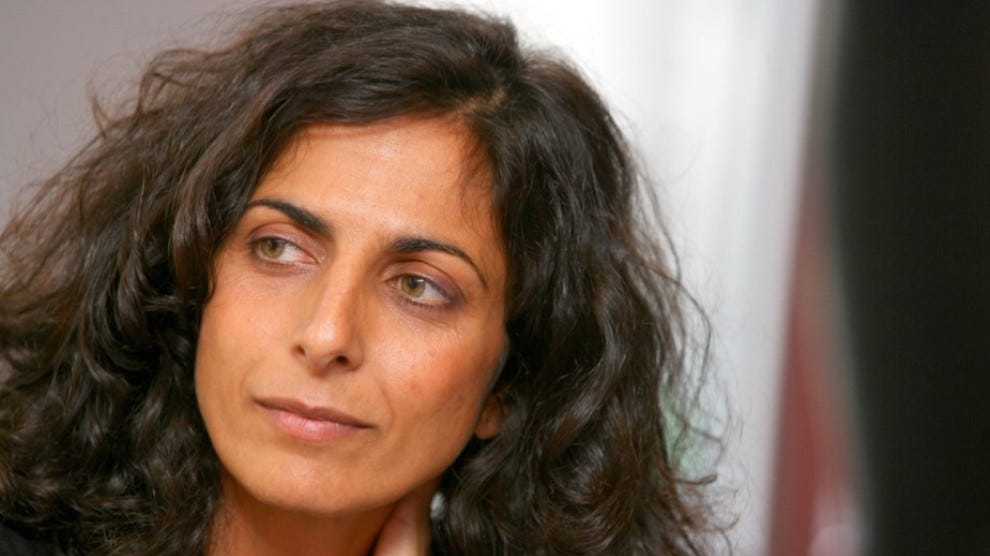Burundi’s Extremist Opposition pulls its remaining diplomatic strings
RegionWeek Newsletter Vol IV, Issue #158 | Friday, February 5, 2021
This is RegionWeek Newsletter for the 4th Season (January-June 2021), a briefing that adds depth to strategic news events and topics. A quick note that shares ideas on what you can do next. Business Leaders, Decision Makers, and Young Professionals trust RegionWeek for concise analysis and Unique perspectives.

Dear RegionWeek Readers,
This Friday we came across an official letter sent by 43 (MEPs) Members of the European Parliament to Josep Borrell Fontelles, the High Representative of the European Union for Foreign Affairs and Security Policy. For the MEPs who signed the letter, it is unacceptable for the European Union to normalize the relation with the Burundi Government “As long as no improvement in human rights is observed”.
The contexts of sanctions
The letter reminds in which context sanctions against Burundi were imposed mentioning that on March 14, 2016, the EU suspended the direct financial support to the Government of Burundi in a decision relating to the conclusion of the consultation procedure with the Republic of Burundi under Article 96 of the Cotonou Agreement.
Noting that sanctions were taken in the context of massive human rights violations attributable to certain elements of the defense and security corps and to the young Imbonerakure of the ruling party,(CNDD-FDD).
About European Parliament
The European Parliament is made up of 705 Members elected in the 27 Member States of the enlarged European Union. Since 1979 MEPs have been elected by direct universal suffrage for a five-year period.
Dialogue and cooperation between the EU and Burundi cannot be envisaged now
The letter explains that violations such as violations of the right to life, kidnappings or enforced disappearances, sexual violence based on gender, torture, arbitrary arrests, and detentions mainly against members of political opposition parties are still widely present. The MEPs insist that the resumption of dialogue and cooperation between the EU and Burundi is essential but it cannot be envisaged without evidence that the government wishes to improve the human rights situation in the country.
Burundi President accused of maintaining hate speech
The letter charges Burundi president Evariste Ndayishimiye to encourage and maintain hate speech against ethnic minorities and warns against talk that played a role in the genocide of Tutsi in Rwanda.
“The hate speech against opponents and ethnic minorities maintained and encouraged by senior state officials including the Head of State, the President of the National Assembly, the Prime Minister, and the Secretary-General of the CNDD FDD poses a serious threat to the future of the country and the region, given that this kind of talk played a major role in the preparation and commission of the genocide of the Tutsi in Rwanda in 1994.”
Lobbying in favor of Extremist Opposition in exile
For the 43 MEPs, the evidence that the government wishes to improve the human rights situation in the country should be lifting the arrest warrants imposed on those accused of participating in the May 13, 2015 coup, whose names are: Nininahazwe Pacific, Nshimirimana Vital, Nduwimana Patrick, Barankitse Marguerite, Rugurika Bob, Niyonkuru Gilbert, Bashirahishize Dieudonné, Niyongere Armel, Mitabaro Patrick, Niyuhire Anne, Havyarimana Arcade and Muhozi Innocent.
Reacting to this, the Head of Information & Communications Division at the Office of Burundi President, Amb. Willy Nyamitwe said that MEPs are far from reality.
“Some have signed without knowing that those they call "journalists" or "human rights defenders" are just runaway coup plotters wanted for crimes committed in 2015.” - Tweeted early Friday.
The Bottom line
For RegionWeek analysts, this letter shows that not everyone will be pleased by the normalization of the relation of the European Union and the government of Burundi, and it’s clear that Extremist opposition in exile is ready to leverage their diplomatic network to make sure normalization won’t happen anytime soon.
Commentators pointed out that failing to recognize recent development happening in Burundi in this letter, was unfair and ridiculous. “Election Crisis, Refugee Crisis, Media Freedom, Justice and human right crisis” the leverages used by Radical Opposition Lobbyists since 2015 are collapsing.
In their quest to survive politically, It will be normal in the coming days to read reports, western media releases on how Burundi is far from being peaceful, the pessimist and extremists will always find reasons to explain that war, genocide, and human rights abuse are a reality in Burundi.
It is true that Burundi is far from being a Heaven on earth that every Burundian deserves and wishes. Challenges like poverty, trauma, and other consequences of conflicts from the past, corruption, and lack of infrastructure are still a reality beyond hope, speeches, and promises consistently given by newly elected leaders.
But the real question is should we focus on negativity spread by extremist opposition, or build on hope inspired by massive change and key decisions like refugee repatriation, the commitment by Burundi and Rwanda to work together in addressing the security challenges, the removal, on 4 December 2020, of Burundi, from the agenda of the United Nations (UN) Security Council, and other small steps taken by Burundians to ensure that their country is more prosperous and more Human Rights compliant.
Everyone has a choice to make!
Fabrice Iranzi,
Founding Editor, RegionWeek.com
Do you enjoy RegionWeek Newsletter since its launch? or have just recently become a reader? Please consider subscribing for $5 a month! Thanks!
RegionWeek is a Burundi-based media for a new generation of achievers in Africa, a platform devoted to chronicling the journey to Freedom and Empowerment.



